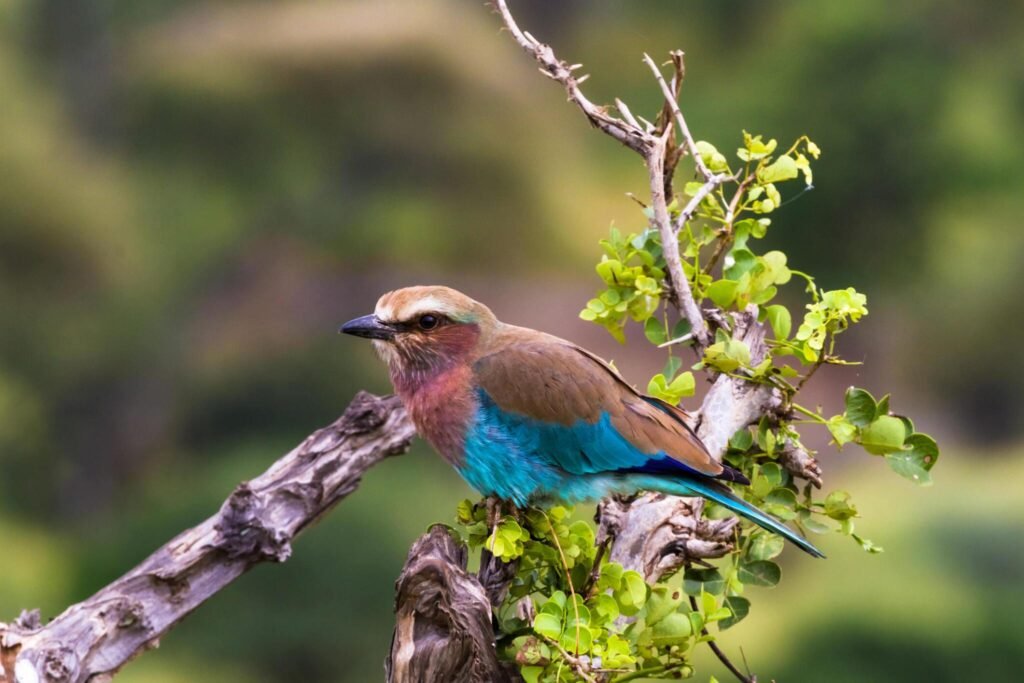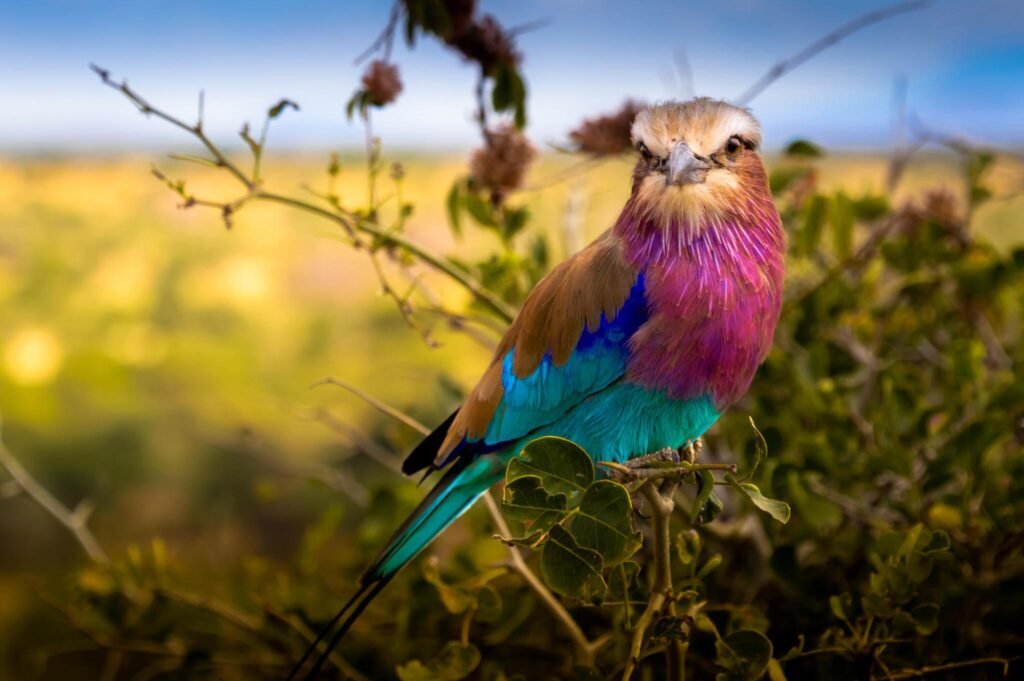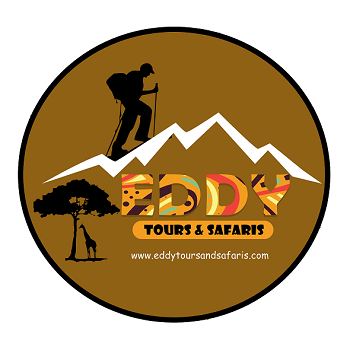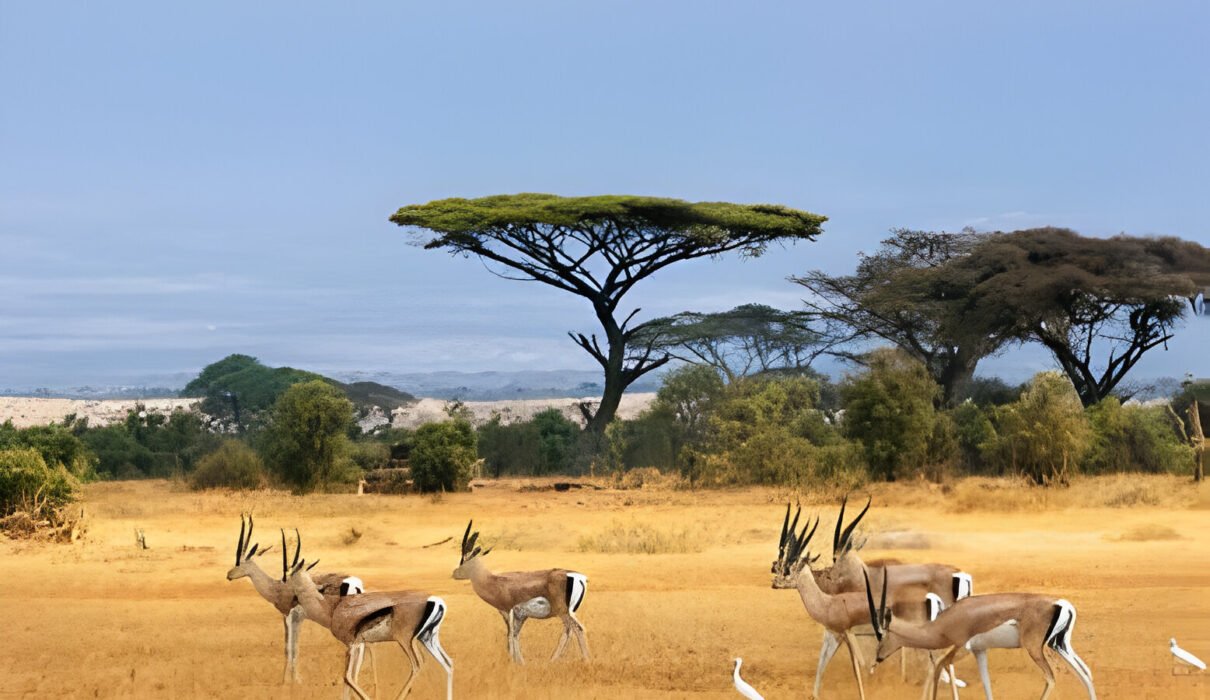7-days Tanzania Safaris Top Wildlife Tours, Tanzania offers some of the most breathtaking wildlife experiences in the world. A 1-week safari is the perfect way to explore its diverse ecosystems, from the legendary Serengeti to the stunning Ngorongoro Crater. Whether you’re a wildlife enthusiast or a first-time visitor, this guide will help you plan the ultimate safari adventure. Let’s dive into the best 1-week Tanzania safaris, covering top destinations, activities, and must-see wildlife.
Start planning your Tanzania safari with expert guides.

1. Day 1-2: Explore Serengeti National Park, 7-days Tanzania Safaris Top Wildlife Tours
The Serengeti is one of the most famous national parks in the world, known for its vast plains and the spectacular Great Migration. Over 1.5 million wildebeest, accompanied by hundreds of thousands of zebras and gazelles, make this migration every year, creating one of the greatest wildlife spectacles on Earth.
What to Expect in the Serengeti, 7-days Tanzania Safaris Top Wildlife Tours
- Wildlife: Lions, elephants, giraffes, leopards, and cheetahs are commonly spotted.
- Activities: Enjoy game drives, hot air balloon safaris, and guided nature walks.
- Accommodation: Choose from luxury lodges, tented camps, or budget-friendly accommodations depending on your style.
Discover more about Serengeti safaris.
Day 3: Visit Ngorongoro Crater, 7-days Tanzania Safaris Top Wildlife Tours
The Ngorongoro Crater is often called the “Eighth Wonder of the World.” This UNESCO World Heritage site is the largest inactive volcanic caldera on the planet and is home to some of the densest wildlife populations in Africa. You’ll find the Big Five (lion, leopard, elephant, rhino, and buffalo) here, making it a must-visit during your 1-week Tanzania safari.
Why Visit Ngorongoro:
- Wildlife: Apart from the Big Five, you’ll spot flamingos, hippos, and hyenas.
- Scenic Beauty: The views from the rim of the crater are simply breathtaking, offering sweeping vistas of the entire ecosystem below.
- Cultural Experience: You can also visit local Maasai villages to learn more about their traditional way of life.
Learn more about the Ngorongoro Crater.
Day 4-5: Explore Tarangire National Park, 7-days Tanzania Safaris Top Wildlife Tours
Tarangire National Park is known for its large elephant herds and iconic baobab trees. The park is less crowded than the Serengeti, providing a more peaceful safari experience. Its seasonal swamps and rivers attract a variety of wildlife, including buffalo, zebras, and wildebeest.
What Makes Tarangire Special:
- Elephants: The park is home to one of the largest elephant populations in Tanzania.
- Birdwatching: With over 500 bird species, Tarangire is a paradise for bird lovers.
- Unique Landscape: The baobab trees and ancient rock formations offer dramatic scenery unlike anywhere else.
Find out more about Tarangire National Park.
Day 6: Lake Manyara National Park, 7-days Tanzania Safaris Top Wildlife Tours
Although Lake Manyara National Park is smaller than some of Tanzania’s other reserves, it offers a unique experience. The park is famous for its tree-climbing lions, flamingo-filled lake, and dense groundwater forests.
Highlights of Lake Manyara:
- Wildlife: Keep an eye out for hippos, giraffes, and baboons.
- Tree-Climbing Lions: Lake Manyara is one of the few places in Africa where lions are known to climb trees.
- Birdlife: Thousands of flamingos gather around the lake, creating a spectacular sight for visitors.
Explore more about Lake Manyara safaris.
Day 7: Cultural Tour in Mto wa Mbu, 7-days Tanzania Safaris Top Wildlife Tours
End your 1-week Tanzania safari with a cultural tour of Mto wa Mbu, a vibrant village near Lake Manyara. This community is home to a blend of cultures from over 120 different tribes, offering a rich and diverse experience.
What to Do in Mto wa Mbu:
- Cultural Visits: Meet locals, learn about traditional crafts, and enjoy a meal made from local ingredients.
- Bike Tours: Explore the area on a guided bike ride, passing through rice paddies, banana plantations, and small farms.
- Market Visit: Visit the bustling local market for a truly immersive experience.
Learn more about Mto wa Mbu cultural tours.
Best Time to Go on a 1-Week Tanzania Safari, 7-days Tanzania Safaris Top Wildlife Tours
The best time for a safari in Tanzania depends on what you want to experience. If you’re hoping to catch the Great Migration in the Serengeti, the dry season from June to October is ideal. For birdwatchers, the wet season between November and April offers excellent birdwatching opportunities as migratory species flock to the region.
Get more details on the best time to visit Tanzania.
Packing Tips for Your Tanzania Safari, 7-days Tanzania Safaris Top Wildlife Tours
Packing the right gear is essential for a comfortable and enjoyable safari experience. Since you’ll be traveling through a variety of climates, from hot plains to cooler evenings in higher altitudes, layering your clothing is key.
Safari Packing Essentials:
- Neutral-Colored Clothing: Choose lightweight, breathable clothing in neutral colors to blend into the environment.
- Binoculars: A good pair of binoculars is essential for wildlife spotting, especially during game drives.
- Insect Repellent: Protect yourself from mosquitoes and other insects, especially in the evenings.
Check out the ultimate safari packing list.
Why Choose a Guided Safari in Tanzania, 7-days Tanzania Safaris Top Wildlife Tours
Booking a guided safari ensures a stress-free experience, as expert guides know the best spots to find wildlife and how to navigate the vast landscapes of Tanzania’s parks. They also provide insights into the local culture, flora, and fauna, making your trip more enriching.
- Safety: Experienced guides ensure your safety while you explore the wilderness.
- Expert Knowledge: Guides can spot wildlife from a distance and explain animal behavior.
- Convenience: With a guided tour, all logistics, from transport to accommodations, are handled for you.
Book your Tanzania safari with professional guides.
Conclusion: Make the Most of Your 1-Week Tanzania Safari, 7-days Tanzania Safaris Top Wildlife Tours
A 1-week safari in Tanzania offers an unforgettable adventure, filled with incredible wildlife, stunning landscapes, and cultural experiences. From the vast plains of the Serengeti to the unique wildlife of Ngorongoro Crater, every day offers something new and exciting. Whether you’re a seasoned traveler or visiting Africa for the first time, Tanzania’s national parks will leave you with memories to last a lifetime.
For more information and to book a personalized safari package, visit Kilimanjaro Climb Specialist or Eddy Tours & Safaris.


